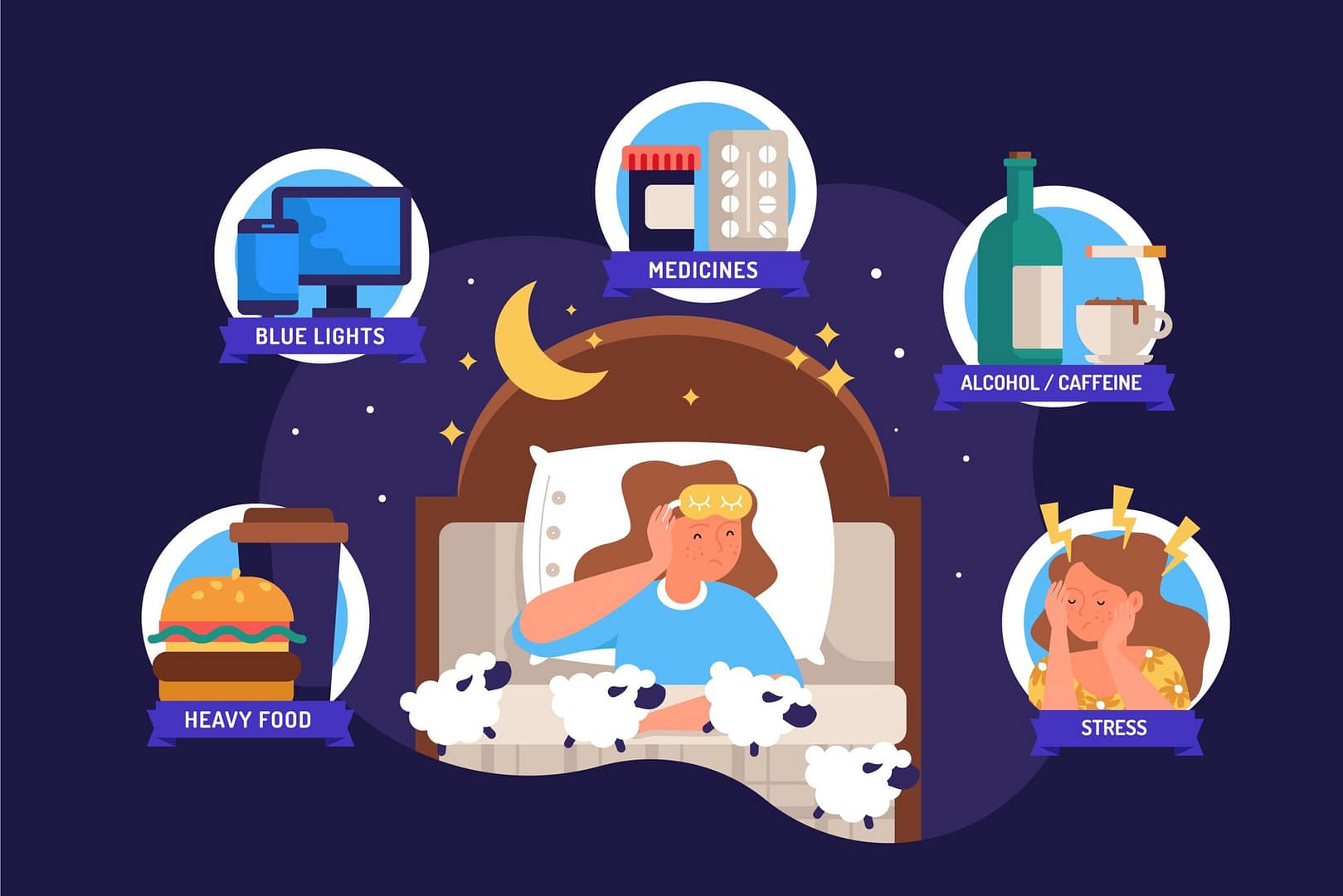Exploring the Link Between Sleep Disorders and Treatment-Resistant Depression
Introduction To the Relationship Between Sleep Disorders And Depression
Depression is one of the most common mental health illnesses worldwide, impacting millions of people each year. While many people respond well to traditional treatments like antidepressants, psychotherapy, or a combination of the two, others do not.
This subset of people who have been diagnosed with treatment-resistant depression (TRD) confront specific obstacles, and traditional best depression treatment in mumbai frequently fail them. In recent years, research at best depression clinic in mumbai have emphasized the complex relationship between sleep problems and TRD. Understanding this link can open up new paths for treatment, providing hope to patients who have battled to find effective relief.
Understanding Treatment-Resistant Depression

Treatment-resistant depression is a type of major depressive disorder (MDD) that does not respond effectively to at least two standard antidepressant medications given at therapeutic doses over a set time period. Depression symptoms continue in people with TRD despite attempts to control them with medication or therapy, resulting in extra physical, emotional, and social costs. According to studies at the best depression center in mumbai, up to 30% of people with MDD may not react well to first-line therapy, emphasizing the urgent need for alternative approaches.
Symptoms and Consequences of Treatment-Resistant Depression

TRD shares the same symptoms as classic depression—persistent sorrow, exhaustion, loss of interest in activities, feelings of guilt, and suicide ideation—but with additional difficulties. For those suffering from TRD, the inability to reduce symptoms might lead to despondency, exacerbating depressive symptoms.
The unrelenting nature of TRD can also lead to other health problems, including as a compromised immune system and an increased risk of cardiovascular disease. Individuals may face strained relationships, diminished productivity, and a lower overall quality of life.
Common Types of Sleep Disorders Linked to Depression
Several sleep problems are frequently associated with depression, particularly treatment-resistant depression.
The link between these diseases and TRD is becoming recognized by the best depression center in mumbai as a two-way street, with each condition aggravating the other.
1. Insomnia

Insomnia, defined as the inability to fall or stay asleep, is one of the most frequent sleep problems associated with depression. According to studies done by the best depression specialist doctors in mumbai, up to 80% of patients with depression suffer from insomnia. Insomnia can impede the brain from properly processing emotions and stress, increasing the likelihood of depressive symptoms. The following cycle is vicious: sleeplessness exacerbates sadness, which, in turn, perpetuates sleep difficulties.
2. Sleep Apnea

Sleep apnea is a condition in which breathing often stops and resumes during sleep, resulting in fragmented, non-restorative sleep. This condition is frequently associated with daytime weariness and cognitive impairment. Interestingly, studies done by the best depression specialist doctors in mumbai reveal that those with sleep apnea are more likely to develop depression. Sleep apnea disrupts sleep, which may exacerbate TRD by impairing the brain’s ability to regulate mood.
3. Circadian Rhythm Disorders
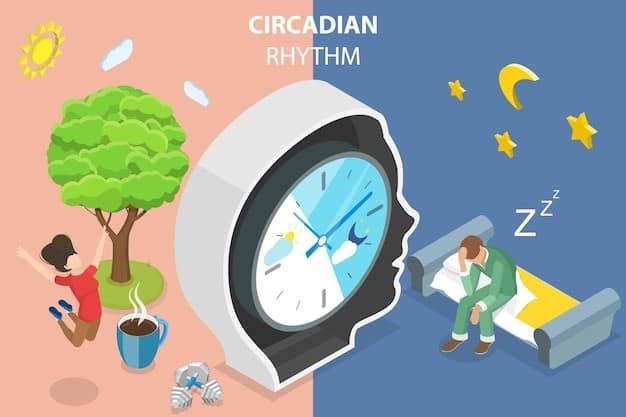
Circadian rhythm problems, which alter the body’s normal sleep-wake cycle, can cause mood changes. Examples include delayed sleep phase disorder, in which a person falls asleep and wakes up much later than expected, and shift work disorder, which is common among persons who work night shifts.
Circadian rhythm disruptions have been demonstrated to impair mood control and aggravate symptoms in TRD patients.
4. Restless Legs Syndrome (RLS)
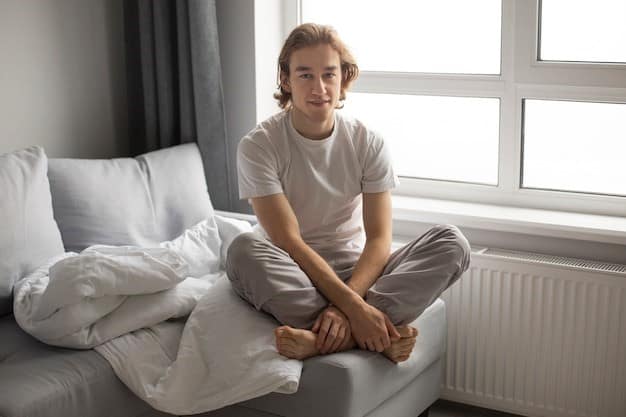
Restless legs syndrome is characterized by unpleasant sensations in the legs, which frequently result in an overwhelming impulse to move them. These sensations often worsen at night, interrupting sleep. RLS has been related to greater incidence of depression, and the disrupted sleep it produces can exacerbate depressive symptoms in those with TRD.
The Bidirectional Relationship Between Sleep Disorders And Depression
The link between sleep disturbances and depression is complex and bidirectional. Each disorder can exacerbate the other, creating a tough cycle to overcome, particularly in people with treatment-resistant depression.
1. Sleep Deprivation and Brain Function
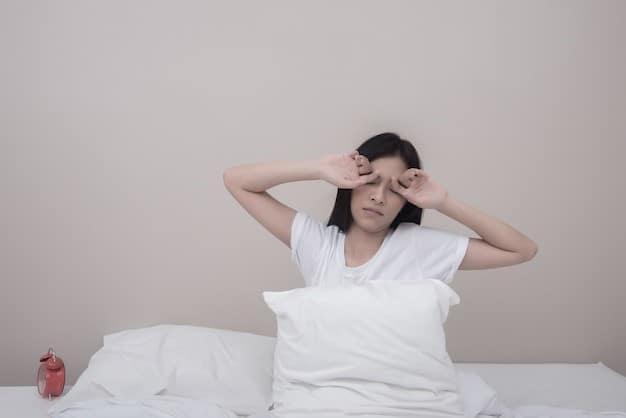
Sleep deprivation has a deleterious impact on various parts of the brain, notably those involved in emotion regulation such as the amygdala and prefrontal cortex. Individuals who do not get enough restorative sleep experience heightened emotional responses, making it more difficult to handle stress and unpleasant emotions. Sleep deprivation can lead to a dysregulated emotional state in patients with TRD, making depressive symptoms more difficult to manage.
2. The Role of Neurotransmitters
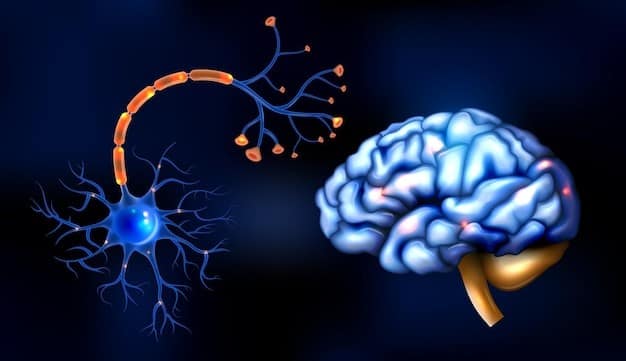
Sleep disturbances can have an impact on neurotransmitter regulation, particularly serotonin and dopamine, both of which play important roles in mood stabilization. Chronic sleep disturbances can deplete these neurotransmitters, exacerbating mood and depression symptoms.
This neurotransmitter imbalance is one reason why standard antidepressant medicines that target serotonin and dopamine may be less successful in those who also have sleep difficulties.
3. Inflammation and Sleep Disruption
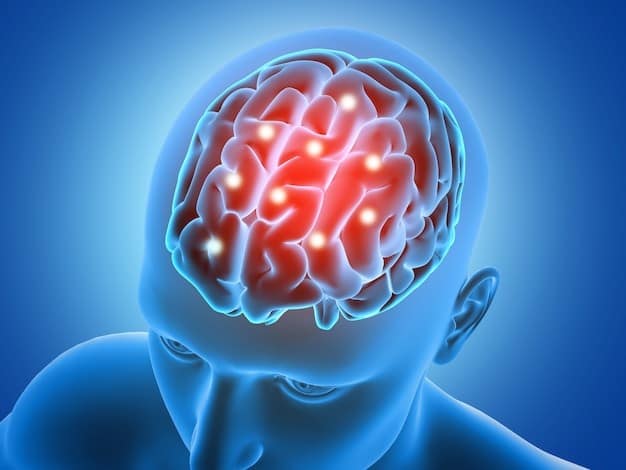
New research suggests that neuroinflammation, or brain inflammation, is a common component in both TRD and sleep disturbances. Inflammatory indicators are frequently high in patients suffering from depression, and research suggests that inflammation may both cause and contribute to poor sleep. This neuroinflammation may contribute to treatment resistance in TRD patients because it interferes with the brain’s capacity to respond to antidepressants.
Why Sleep Disorders May Contribute to Treatment Resistance?
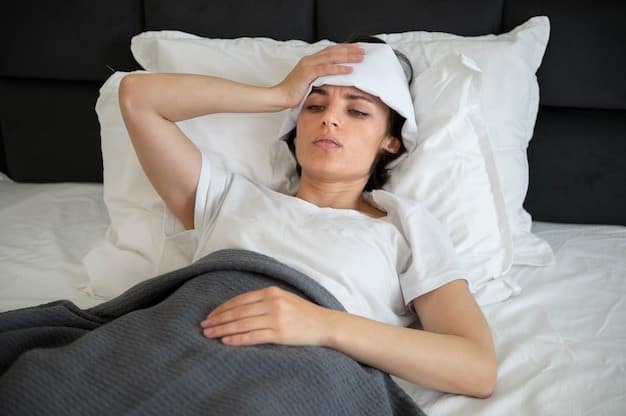
Sleep disturbances can exacerbate treatment-resistant depression by interfering with the body’s response to conventional medications. Poor sleep has an impact on neurotransmitter balance, inflammation, and drug metabolism, all of which are important for effective best depression treatment in mumbai. Addressing sleep difficulties may be critical to overcoming resistance to conventional medicines.
Impact on Antidepressant Effectiveness
Sleep disturbances can reduce the effectiveness of antidepressants by altering the way they are metabolized in the body. Chronic sleep deprivation can alter the metabolism of some medications, necessitating greater doses to obtain the same effect, which may be impractical or unsafe for all individuals.
Cognitive and Behavioral Effects
People with TRD who also have sleep difficulties may find cognitive-behavioral treatment (CBT) less helpful. Poor sleep has an influence on focus, memory, and capacity to engage in the introspective procedures required by CBT. Addressing sleep difficulties might increase people’s receptivity to therapeutic approaches, potentially increasing best depression treatment in mumbai outcomes.
Assessing and Diagnosing Sleep Issues in Depression Treatment

Given the tight link between sleep disturbances and TRD, it is critical for healthcare practitioners to assess sleep health in patients with depression.
- Comprehensive Evaluation
Mental health experts can analyze sleep patterns using instruments such as the Pittsburgh Sleep Quality Index (PSQI) or the Insomnia Severity Index (ISI). Such examinations can assist identify the individual sleep issue and modify the treatment plan accordingly.
- Role of Polysomnography and Sleep Studies
For more severe situations, particularly when sleep apnea or restless legs syndrome are suspected, a sleep study (polysomnography) can provide crucial information. Polysomnography measures brain waves, blood oxygen levels, heart rate, and respiration, providing a complete picture of sleep quality and any interruptions.
What are the Ways to Treat Sleep Disorders in Treatment Resistant Depression Patients?
Treating sleep disturbances in people with treatment-resistant depression (TRD) necessitates a multimodal approach that targets both sleep quality and underlying depressed symptoms. Patients can improve their sleep patterns by adopting targeted therapy such as drugs, cognitive-behavioral approaches, and lifestyle changes, which may then increase their responsiveness to depression treatments.
1. Medications

When medicine is required, several medications can help with both sleep and depression symptoms. Low doses of sedative antidepressants, such as trazodone, can improve sleep quality. However, reliance on sleep drugs should be treated with caution, as dependency or tolerance can develop over time.
2. Cognitive Behavioral Therapy for Insomnia (CBT-I)

CBT-I has proven to be a highly effective treatment for insomnia by focusing on the thoughts and actions that disrupt sleep. Techniques such as sleep restriction and stimuli control have demonstrated long-term benefits in terms of sleep quality and mood. According to studies, for persons with TRD, enhancing sleep quality using CBT-I can often lead to an improvement in depressive symptoms.
3. Lifestyle Modifications and Sleep Hygiene
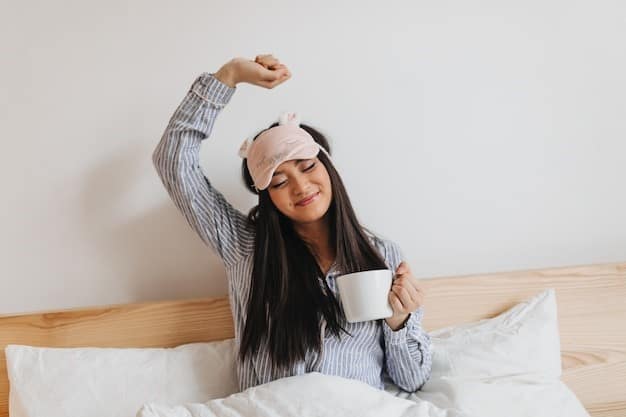
Practical changes, known as sleep hygiene, can make a big difference in managing sleep disorders. Tips include:
- Establishing a consistent sleep schedule: Going to bed and getting up at the same time every day might reset the circadian rhythm.
- Limiting caffeine and alcohol consumption: Both chemicals might impair sleep quality.
- Creating a relaxing nighttime environment: Dimming lights, avoiding screens, and participating in relaxing activities before bedtime will help you sleep better.
4. Emerging Therapies: Bright Light Therapy and Chronotherapy

Bright light therapy, a popular treatment for seasonal affective disorder, can help balance the sleep-wake cycle by simulating natural sunlight. Similarly, chronotherapy entails progressively changing sleep schedules to reset circadian rhythms. Both techniques show promise in treating TRD by enhancing sleep and maybe alleviating depressed symptoms.
Research and Future Directions

The study of the link between sleep disturbances and TRD is currently ongoing, although some interesting approaches are emerging. Ongoing research is looking into how combining sleep-focused treatments with established depression medicines can provide more complete relief. Biomarkers, such as inflammatory proteins or cortisol levels, may one day be utilized to identify individuals with TRD who are more likely to benefit from sleep-focused therapies, allowing for more individualized treatment approaches.
Addressing sleep disturbances may be a critical component of treating treatment-resistant depression. Individuals who recognize and manage sleep difficulties may experience improvements in both sleep quality and mood. If you or a loved one is suffering from depression and sleep problems, obtaining comprehensive care that addresses both issues can be a critical step toward improved mental health. Working with healthcare experts who understand the relationship between sleep and mood disorders can help break the cycle, bringing new hope and more effective treatment for treatment-resistant depression.
For those struggling with treatment-resistant depression and sleep disorders, seeking comprehensive, specialized care can make all the difference. At Jaslok Hospital, best depression clinic in mumbai, our team of experienced professionals offers integrated treatment options tailored to address both sleep and mood challenges, helping patients find effective paths to recovery and improved well-being.



